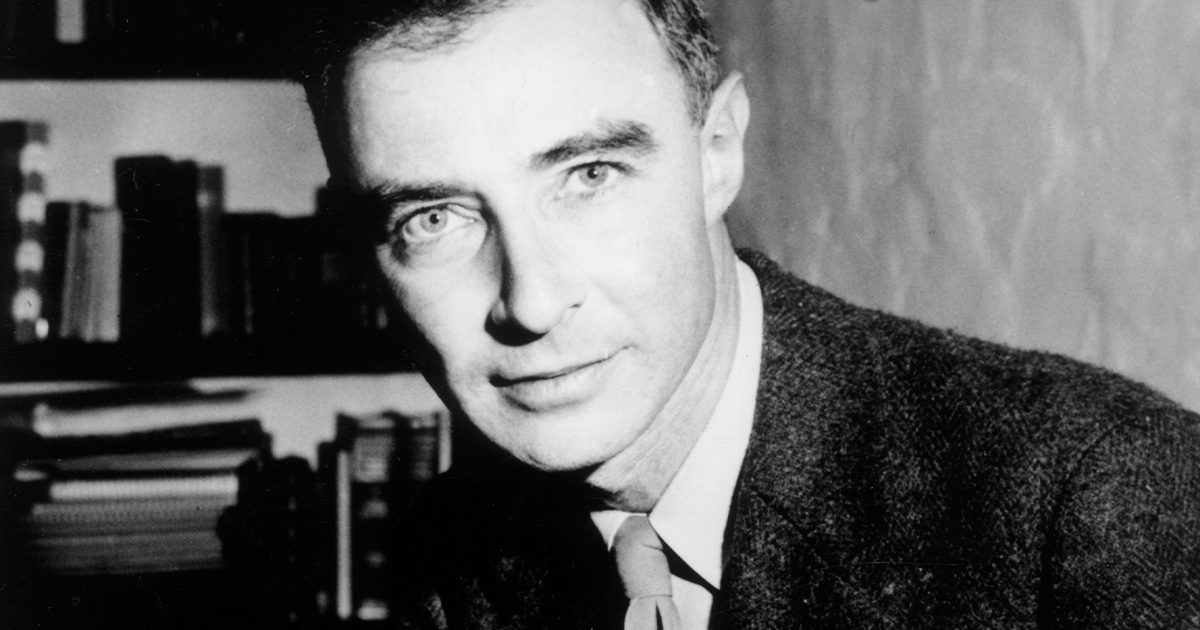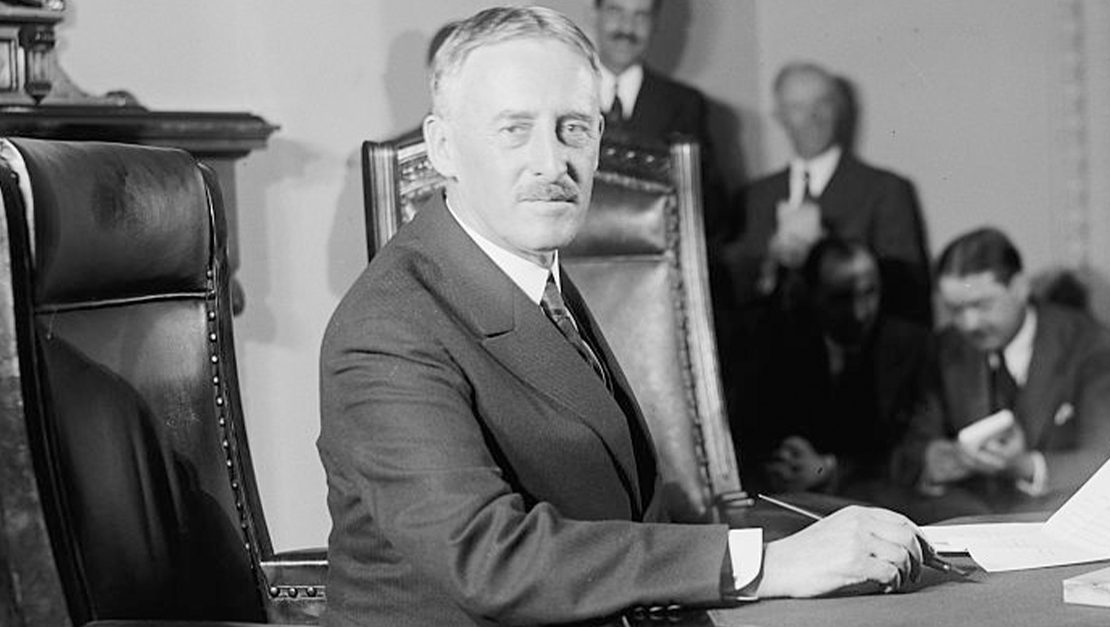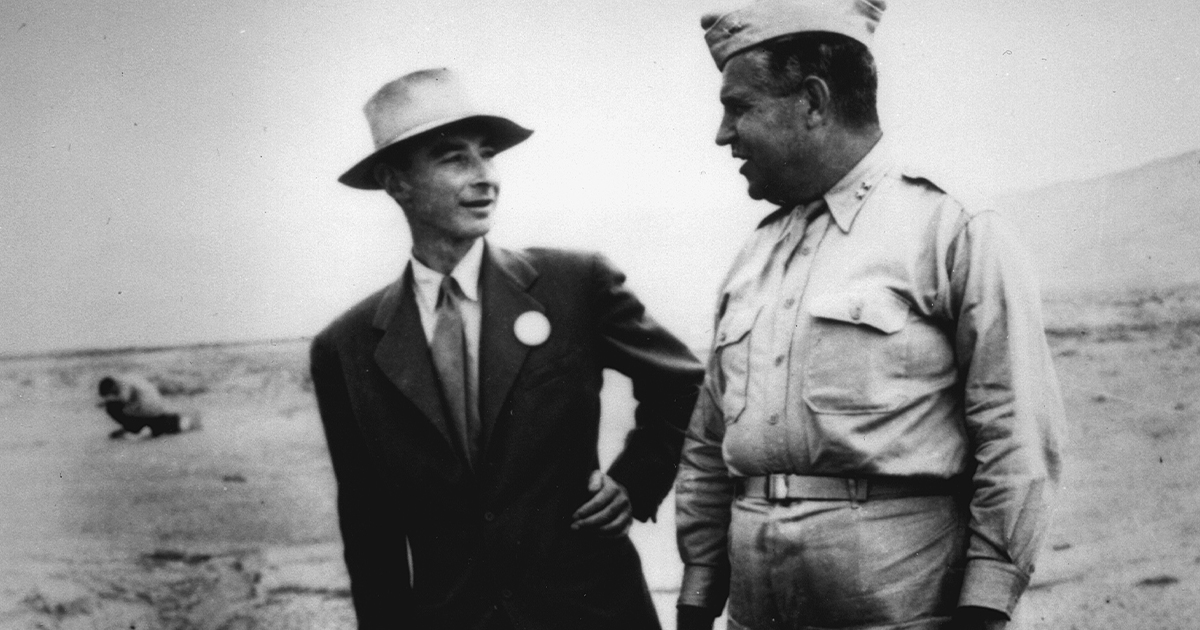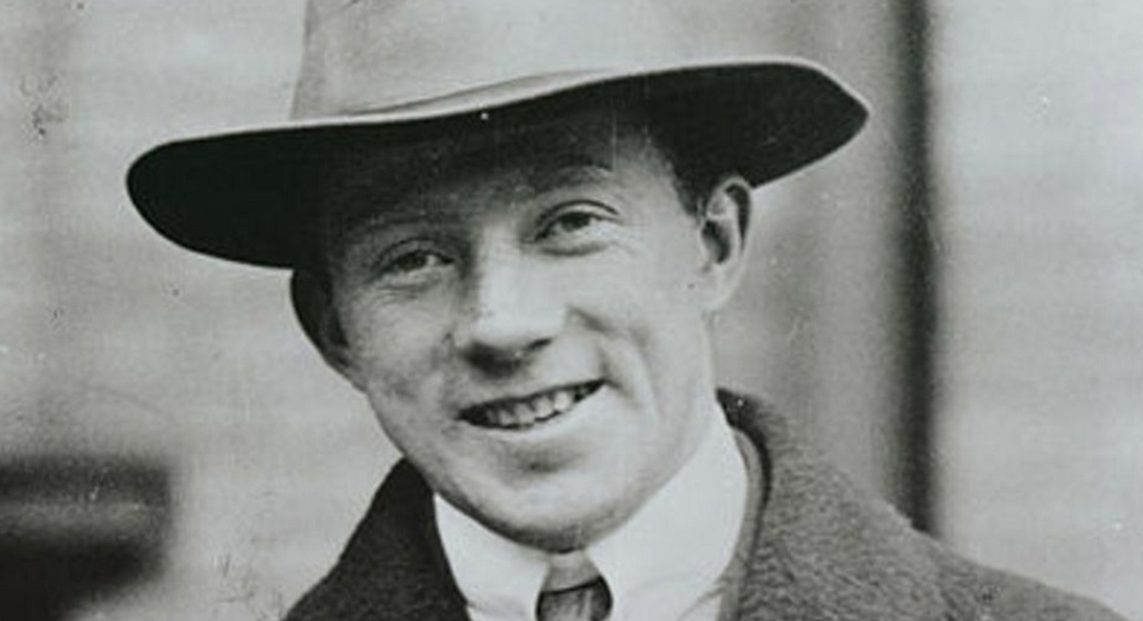The ‘J’ in J. Robert Oppenheimer does stand for something

In the early scenes of 2023’s Oppenheimer, we’re told that the ‘J’ in J. Robert Oppenheimer doesn’t actually stand for anything, and as the character is frequently addressed as Robert this seems true. However, in reality it was not a meaningless letter. The J actually stood for Julius, which was also the first name of Oppenheimer’s father.
It was not believed that the bomb would end the war

Christopher Nolan’s film repeatedly voices the argument that using the atom bomb against Japan would promptly end the war, thereby saving hundreds of thousands of lives. However, while this has since been said in defence of the Hiroshima and Nagasaki attacks, historian Alex Wellerstein says this was “not actually how it was discussed at the time… That’s an after-the-fact rationalization that was created later.”
The poisoned apple incident really happened, but Oppenheimer was caught

A tense scene early on in Oppenheimer sees a troubled younger Oppenheimer inject his teacher’s apple with cyanide, then succeed in retrieving it before Niels Bohr (Kenneth Branagh) can take a bite. In reality Bohr was not present, and Oppenheimer was caught. Naturally, the poisoned apple incident got him in serious trouble at Cambridge, and he was forced to see a psychiatrist.
Oppenheimer never consulted Einstein over Edward Teller’s calculations

The movie states that Oppenheimer met with Albert Einstein (played by Tom Conti) to look over the calculations of Edward Teller, when it is feared that the bomb could wind up igniting the atmosphere and destroy the entire world. While this was indeed a concern, in reality, Oppenheimer asked Arthur Compton, as the subject in question was not Einstein’s speciality.
Henry Stimson didn’t honeymoon in Kyoto

When US Secretary of State Henry Stimson (played by James Remar) heads a meeting to discuss potential Japanese targets, he rules out Kyoto on grounds of its cultural significance and remarks that he and his wife honeymooned there. In truth, there is no evidence that the real Stimson actually went to Kyoto on honeymoon, or that he argued against its bombing on those grounds.
Some suggest that Jean Tatlock’s death was not suicide

It is true that Oppenheimer was a prolific womanizer and that one of his mistresses, Jean Tatlock (Florence Pugh), struggled with depression and died from what was ruled a suicide. It has been posited by some historians, however, that Tatlock’s death was suspicious, and some suspect she was actually assassinated. This has never been proven, though, hence the film does not address the matter.
Oppenheimer came from a very wealthy family

The film sees Cillian Murphy’s Oppenheimer tell Robert Downey Jr’s Lewis Strauss that his father was “a self-made man.” This is true, but doesn’t convey just how successful Oppenheimer’s father was as a businessman, keeping his family in great wealth even after the 1929 Wall Street Crash. While Oppenheimer’s own genius is not disputed, his father’s wealth and influence helped him both academically and professionally.
Oppenheimer wasn’t alone in opposing nuclear proliferation after the war

Nolan’s film seems to imply that Oppenheimer was more or less alone in speaking out against America building yet more nuclear weapons following the end of World War II, but this was not entirely accurate. While his comments garnered more attention, Oppenheimer wasn’t the only figure of note making this argument; Henry Stimson was another key figure to publicly voice similar concerns.
Charlotte Serber was not Oppenheimer’s secretary

Jessica Erin Martin co-stars in Oppenheimer as Charlotte Serber, who in one scene we see being asked to make a telephone call by Oppenheimer. This might imply she served as Oppenheimer’s secretary, but in reality Serber (who was married to physicist Robert Serber) was in charge of maintaining Los Alamos’ secret library.
The US considered assassinating Heisenberg

One interesting historical detail that is left out of Christopher Nolan’s Oppenheimer is that, due to fears that Germany might build their own A-bomb first, the US military considered a radical course of action: abducting and/or killing Werner Heisenberg, before he could get the weapon made for Germany. As this assassination attempt never happened, it was likely left out of the film for being superfluous.